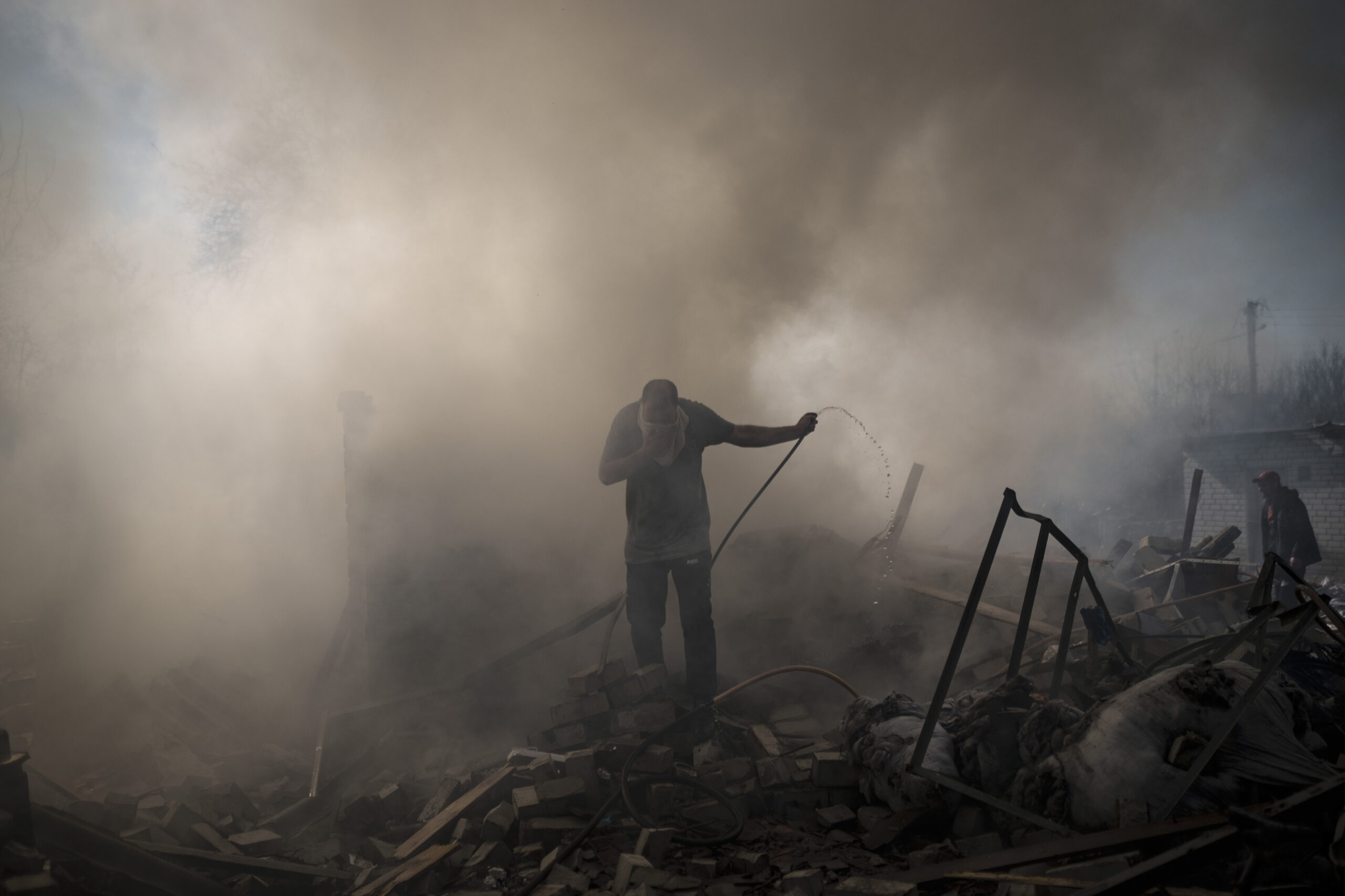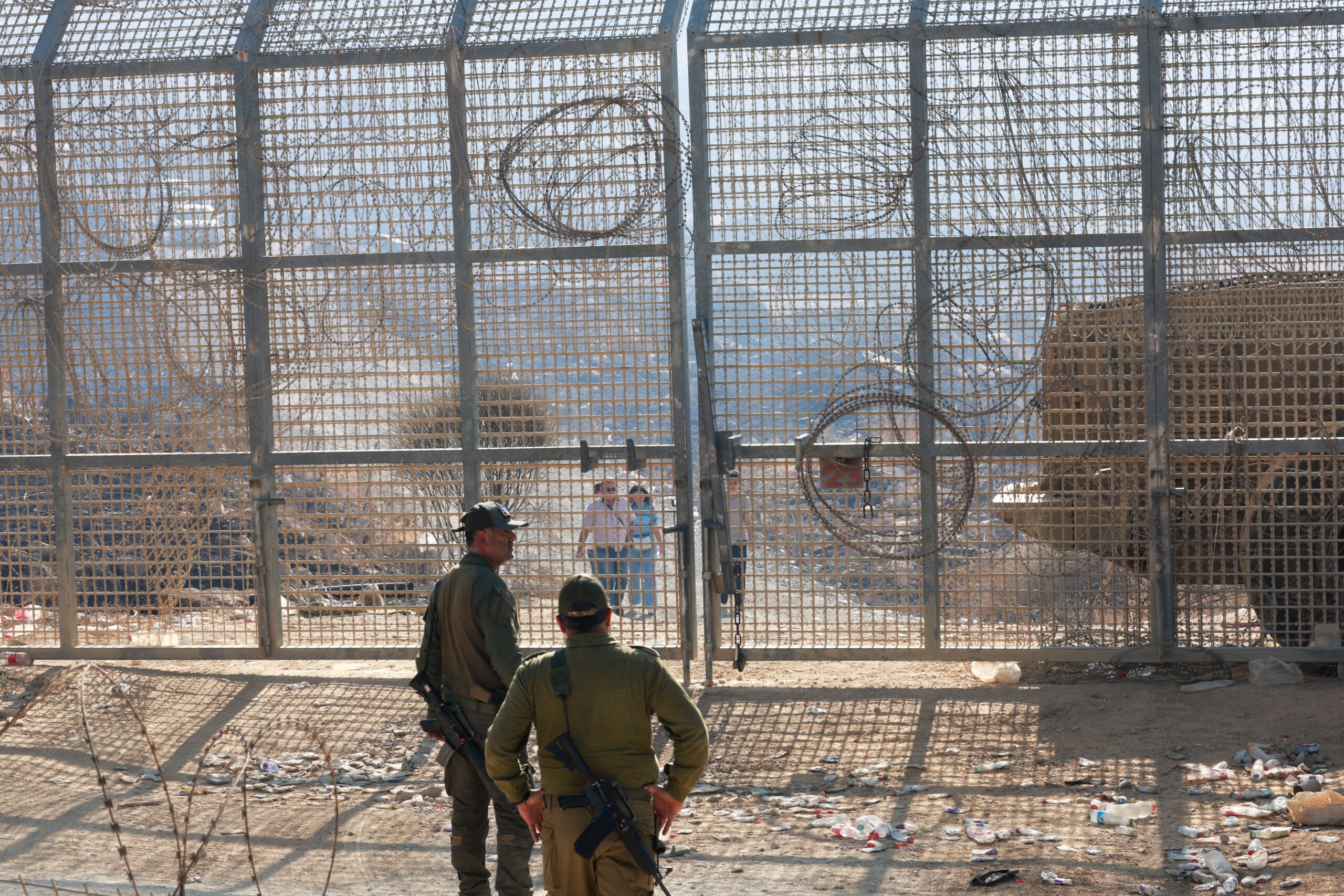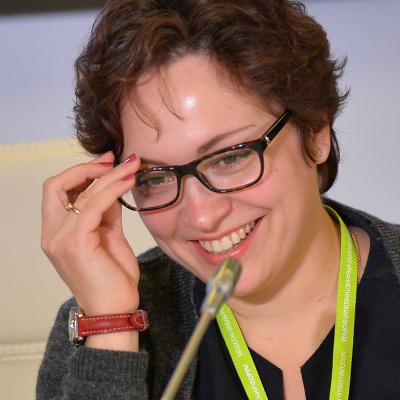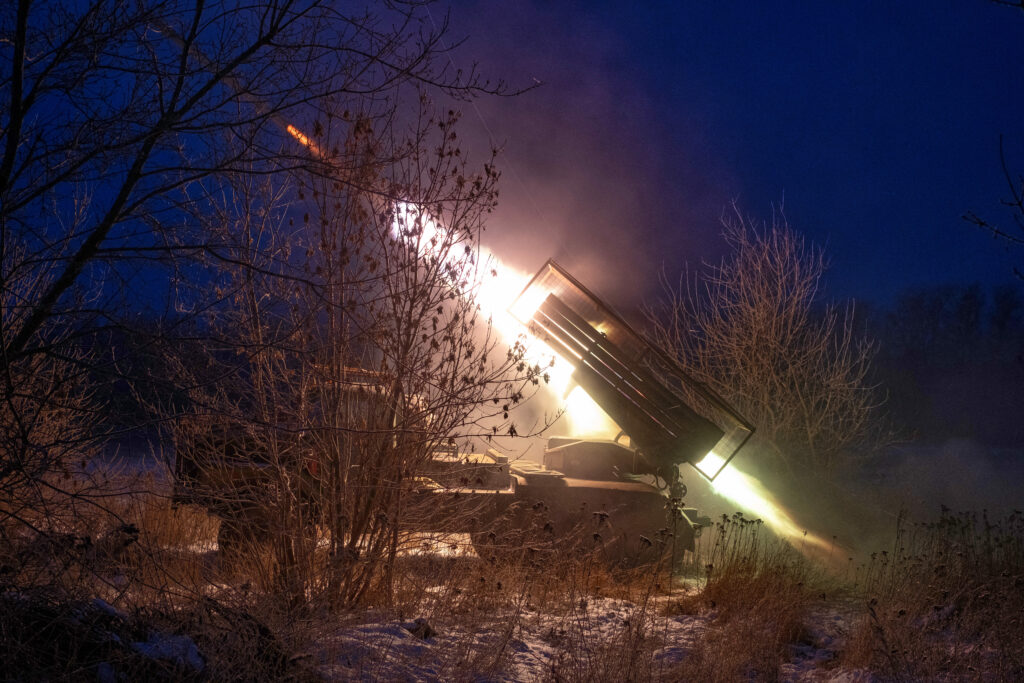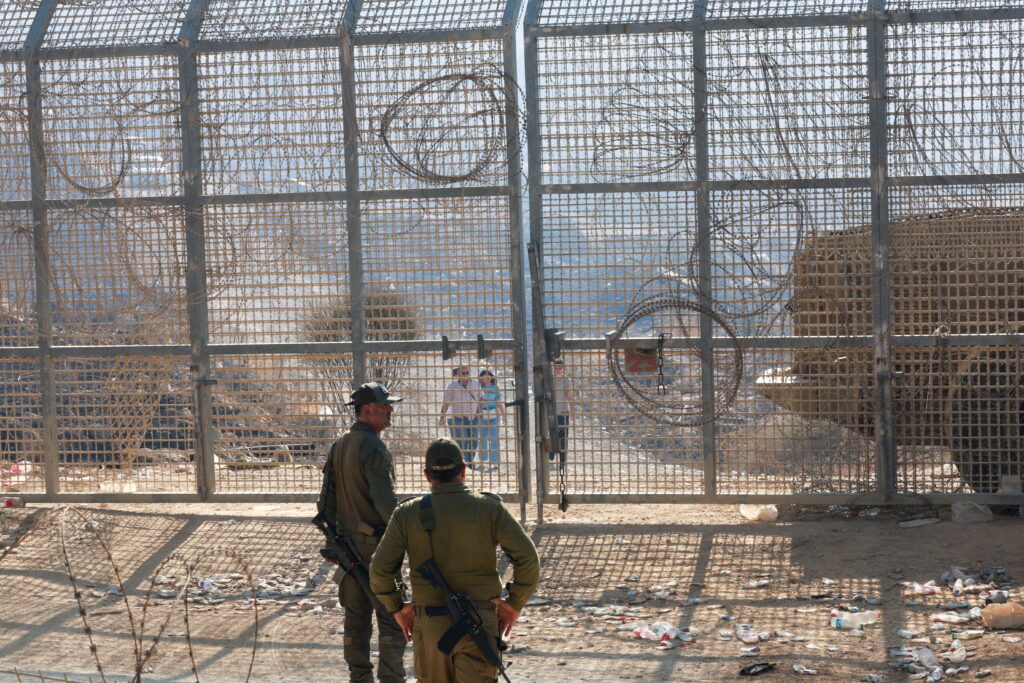Most of the countries of Central Asia and the Caucasus still cannot clearly and openly state their stance on the military actions of the Kremlin in Ukraine. The vote on the UN resolution on March 2, 2022 is very indicative: only Georgia joined in condemning Russia’s invasion of Ukraine. Representatives of Armenia and several Central Asian states — Kazakhstan, Kyrgyzstan, Tajikistan — abstained, while representatives of Azerbaijan, Uzbekistan and Turkmenistan did not vote at all. The positions of the countries of the region on the war in Ukraine can be classified as follows:
Position of relative neutrality — Azerbaijan, Kazakhstan and Uzbekistan
Two days before Russia’s invasion of Ukraine, the President of Azerbaijan and his wife were on an official visit to Moscow, which, according to Ilham Aliyev, brought the relationship between Russia and Azerbaijan to the level of an «alliance». Azerbaijan views Russia as «the main partner in finding a way to normalize relations between Azerbaijan and Armenia.» At the official level, Azerbaijan called on both sides for a ceasefire, although it has twice delivered medicines, humanitarian aid and fuel to Ukraine.
Kazakhstan has also distanced itself from both sides of the war. On March 2, 2022, a week after the outbreak of hostilities in Ukraine, Kazakh President Tokayev called the presidents of Russia and Ukraine and called on both countries to «find ways for dialogue and conflict resolution.» Officially, representatives of Kazakhstan did not express their condemnation of Russia or support for Ukraine. However, the head of the country’s Foreign Ministry, Mukhtar Tleuberdi, said that «recognition of the Lugansk and Donetsk People’s Republics is not in Kazakhstan’s plans». Kazakhstan refused to provide any support to the Russian military, with President Tokayev, after a telephone conversation with German President Steinmeier, ordered that medicines and humanitarian aid be sent to the people of Ukraine.
According to the press secretary of the President of Uzbekistan, the country takes a «balanced, neutral position on the issue of military actions carried out by Russia on the territory of Ukraine» and believes that all disputes and disagreements «should be resolved solely on the basis of international law.» Speaking at a meeting of the Senate of the Oliy Majlis, Foreign Minister Abdulaziz Kamilov repeated this position and announced the non-recognition of the Lugansk and Donetsk republics.
«Silence is golden» — the position of Armenia, Tajikistan and Turkmenistan
The official representatives of these countries do not comment on Russia’s actions in Ukraine at all.
While maintaining silence on the part of Tajik officials about the events in Ukraine, the country’s Foreign Ministry back in February 2022 called on Tajiks in Ukraine to comply with the requirements of the wartime regime imposed by President Zelensky. And in March 2022, the Foreign Ministry reported that due to the «tense situation in Ukraine», citizens of Tajikistan were evacuated from the country with the help of Frontex. Turkmenistan officially adheres to the policy of permanent neutrality. Interestingly, the web page of the country’s embassy in Ukraine does not contain any information at all about the war and the attitude of representatives of Turkmenistan to the events taking place on the territory of Ukraine.
Another curious point is that Armenia remains so far the only country from the bloc of countries of the former USSR that the President of Ukraine has not mentioned at all in his tweets. Neither newly elected President of Armenia Vahagn Khachaturian nor other officials have commented on the situation in Ukraine. Only once, the press secretary of the Armenian Foreign Ministry, Vahan Hunanyan, stated that Armenia «does not plan to recognize the self-proclaimed Donetsk and Lugansk People’s Republics following Russia.»
«Position of two flanks/two fronts» is typical for Georgia.
On the one hand, Georgian President Salome Zurabishvili considers Russia’s attack on Ukraine «deliberate, unprovoked and unjustified» and supports Ukraine in this «unjust war.» On the other hand, Georgia did not join the financial and economic sanctions against Russia and stated that it would act «taking into account its national interests.» Georgia will also continue supplying agricultural products to the Russian market.
Providing open support to one of the parties to the conflict
Kyrgyz President Sadyr Japarov is the only Central Asian head of state to voice his support for Russia’s actions. He stated that this invasion «was a necessary measure to protect the civilian population of the territories of Donbass, where a large number of Russian citizens live.» The transcript of a telephone conversation between the Russian and Kyrgyz presidents dated February 26, 2022 confirms the leader of Kyrgyzstan’s approval of Russia’s actions, «support for the decisive actions of the Russian side to protect the civilian population of Donbass and Kyiv’s responsibility for the failure of the Minsk agreements.»
Consequences of the war in Ukraine for the future of Eurasia
Maintaining political neutrality by most of the countries of Eurasia and the Caucasus, with the actual non-recognition of Russia’s position in Ukraine and the sanctions imposed on Russia, will have an impact on the economic and political agenda of the region, as well as its integration initiatives. The independent states of Eurasia and the Caucasus are in for big changes. Even countries outside the Eurasian Union (Uzbekistan, Tajikistan, Georgia, Azerbaijan, and to a lesser extent Turkmenistan) will face economic, political and social challenges. Therefore, the vision of the future of Eurasian integration and the development of events in the future becomes very relevant. Three scenarios are currently possible:
1) Reformatted Eurasian integration with a change in the role of a key player
Given the de facto exclusion of Russia from international business, the countries of Central Asia could leverage their geographical positioning. They can create new logistics corridors and businesses for the development of their countries. Obviously, Kazakhstan is most likely to become a key figure in the integration of the countries of the region. Kazakhstan and Azerbaijan have already discussed the acceleration of the development of the Trans-Caspian international transport route, and the Ambassador of Kazakhstan even informed European partners about the uninterrupted cargo turnover of Kazakh goods through the port of Rotterdam in connection with military operations in Ukraine. According to analysts, the Trans-Caspian transport route has the potential to transport up to 10 million tons of cargo, or 200,000 containers. The multi-vector nature of Kazakhstan, practiced by the country in recent years, can become a salvation for the future of Eurasian integration.
2) Frozen integration
Curtailment of certain areas of mutual cooperation and a decrease in interest in integration within the Eurasian Union. With each new day of the war in Ukraine, the likelihood of this particular scenario is increasing.
During all three post-Soviet decades, Russia has played an exceptionally important role in ensuring economic and political stability and security in Eurasia. The war in Ukraine and its consequences will lead to a revision of the role and involvement of Russia in the problems of the region. In March 2022, Russia introduced a temporary ban on the export of grain and sugar to the EAEU countries. Food deliveries outside Russia will be possible, as follows from the decree of the Russian government, only for the provision of humanitarian assistance and international transit transportation, that is, to those territories where Russia is already providing its «humanitarian» support. It is already obvious today that the stability of national currencies and the economies of the countries of the Eurasian Union are entering an era of serious trials. To ensure financial stability, Kyrgyzstan and Kazakhstan have already officially restricted the export of gold and silver bars and currency in the amount of $ 10,000.
To maintain economic integration, the countries of the region are looking for the best solution for making settlements on the territory of the Eurasian Union. Kyrgyzstan has the most vulnerable position. First, Russia is the largest trading partner of the Republic of Kazakhstan. The share of Russian imports in the market of Kyrgyzstan is more than 30%. Secondly, more than 884,000 citizens of Kyrgyzstan work in Russia. Therefore, it is not surprising that Kyrgyzstan took the initiative to switch to trade in rubles. However, even the transition to trade in rubles is not able to solve the problems of either Kyrgyzstan or the Eurasian Union in the long term. The processes of political integration in the EAEU have stalled for a long time, and it seems that economic integration within the EAEU will also be less relevant for the member countries of the Eurasian Union.
3) The collapse of the EAEU and the withdrawal of member countries from the EAEU
The search and introduction of new export routes from the countries of Eurasia to the West, bypassing Russia, against which Western countries have imposed broad economic sanctions and the ongoing devaluation of the ruble, the commission on currency exchange introduced by the Russian government, among other things, can become factors contributing to the collapse of the EAEU. With such a development of events, the Russian ruble will cease to be a liquid currency for trade within the Eurasian Union. Russia will cease to be a country of reception of labor migrants. Most of the 2.4 million citizens from Tajikistan may leave; 4.5 million citizens of Uzbekistan; 884,000 citizens of Kyrgyzstan; 163 thousand citizens of Kazakhstan; 7 thousand citizens of Turkmenistan; 240,000 citizens of Ukraine; 174,000 citizens of Belarus working in Russia today. All these people, with the exception of citizens of Ukraine, Belarus and Turkmenistan, will be forced to leave Russia and return to their countries of origin.
Serious difficulties will hit Kyrgyzstan and Tajikistan, 30.1% and 27.8% of their GDP, respectively, consist of remittances from labor migrants, mainly from Russia. Unemployment and demographic pressure in the countries of Central Asia, especially Uzbekistan, Kyrgyzstan and Tajikistan, will increase incredibly, which can lead to increased discontent, social protests and political instability in the region. Such internal challenges in the countries of the region, along with the weakening of Russia, will lead to major transformation processes and a drop in interest in any form of integration, including the EAEU.
